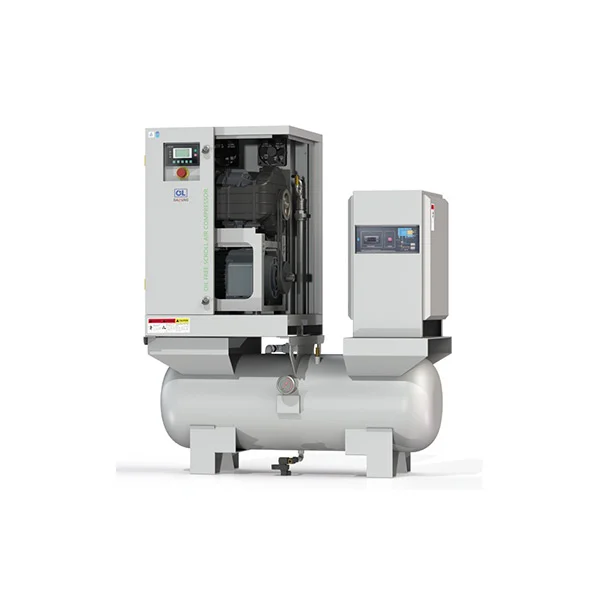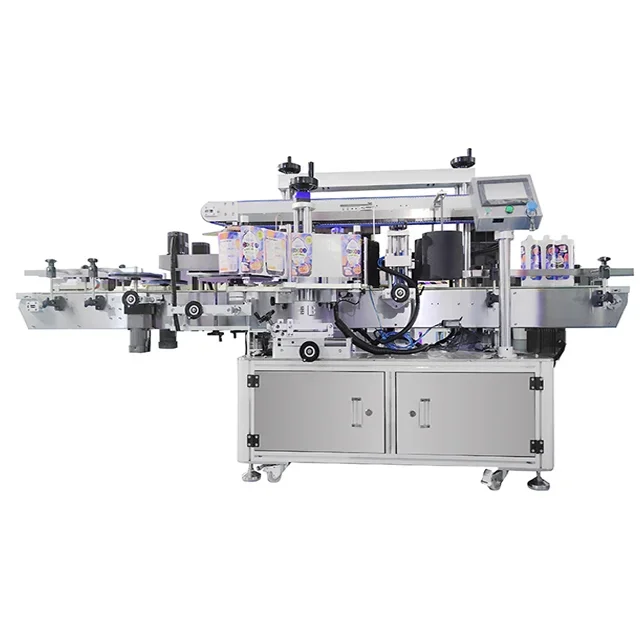Unveiling the Versatility and Benefits of Gypsum Board Partition Walls
Gypsum board partition walls have revolutionized the construction industry with their versatility, cost-effectiveness, and ease of installation. As a widely used building material, gypsum board partition walls offer numerous advantages over traditional brick or concrete walls. In this blog post, we will delve into the intricacies of gypsum board partition walls, exploring their composition, installation process, benefits, and applications.
- Understanding Gypsum Board Partition Walls:
Gypsum board partition walls, also known as drywalls or plasterboards, are made from a core of gypsum sandwiched between two layers of paper. This composition gives them exceptional fire resistance, sound insulation, and durability. The gypsum core provides excellent thermal insulation properties, making these walls energy-efficient as well. - Installation Process:
The installation of gypsum board partition walls involves a systematic process. Firstly, the framework is constructed using metal studs or wooden frames, which are then secured to the floor and ceiling. The gypsum boards are then cut to size and attached to the framework using screws. Finally, joints and gaps are filled with joint compound and finished with tape, resulting in a seamless and smooth surface. - Benefits of Gypsum Board Partition Walls:
3.1. Versatility: Gypsum board partition walls offer immense flexibility in terms of design and customization. They can be easily cut, shaped, and curved to fit any architectural requirement, allowing for creative and unique interior designs.
3.2. Time and Cost Efficiency: Compared to traditional walls, gypsum board partition walls can be installed much faster, reducing construction time and labor costs. Additionally, their lightweight nature makes transportation and handling easier, further enhancing cost-effectiveness.
3.3. Fire Resistance: Gypsum board partition walls possess exceptional fire-resistant properties, providing a crucial safety measure in buildings. They can withstand high temperatures for extended periods, acting as a barrier against the spread of fire.
3.4. Sound Insulation: The dense composition of gypsum board partition walls effectively reduces sound transmission, making them ideal for creating acoustically isolated spaces. This feature is particularly beneficial in commercial buildings, offices, and residential complexes.
3.5. Sustainability: Gypsum, the primary component of these walls, is a naturally occurring mineral. Its extraction and manufacturing processes have minimal environmental impact, making gypsum board partition walls an eco-friendly choice.
- Applications:
4.1. Residential Buildings: Gypsum board partition walls are extensively used in residential construction due to their versatility and cost-effectiveness. They can be employed to create separate rooms, home offices, or even decorative elements like arches and niches.
4.2. Commercial Spaces: From offices and retail stores to hotels and restaurants, gypsum board partition walls find wide-ranging applications in commercial spaces. They allow for efficient space utilization, easy installation of electrical and plumbing systems, and customizable designs to suit specific business needs.
4.3. Healthcare Facilities: Gypsum board partition walls are highly suitable for healthcare environments due to their hygienic properties and ability to create separate treatment rooms, waiting areas, and administrative spaces. Their fire resistance and sound insulation qualities further enhance patient safety and privacy.
Conclusion:
Gypsum board partition walls have emerged as a game-changer in the construction industry, offering a myriad of benefits and applications. Their versatility, cost-effectiveness, fire resistance, sound insulation, and sustainability make them an ideal choice for both residential and commercial projects. By embracing gypsum board partition walls, architects, builders, and homeowners can unlock endless possibilities in design, functionality, and efficiency.


